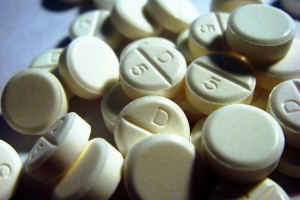NPR Poll: Americans Favor Age Restrictions on Morning-After Pill
 In a new poll out by NPR, 65% of Americans surveyed said availability of the morning-after pill (also called “Plan B” or “emergency contraception) should depend on some sort of age-limit.
In a new poll out by NPR, 65% of Americans surveyed said availability of the morning-after pill (also called “Plan B” or “emergency contraception) should depend on some sort of age-limit.
According to the poll, 20.8% of respondents believe a girl should be at least 15 to obtain the morning-after pill without a prescription; 34.9% said she should be at least 18; and 9.2% said a woman should be at least 21 before she can obtain it.
Only 18.3% said the morning-after pill should be available regardless of age, and 16.7% said that if the drug is going to be available without a minimum age, a prescription should be required in order to purchase it.
Additionally, 66.4% said if the morning-after pill is available to minors without a prescription, parents should have to give their permission before the drug is sold to their child.
What is commonsense to most Americans — age restrictions, prescriptions, and parental consent — is not commonsense to the federal government, however. The FDA has moved the morning-after pill out from behind the pharmacist’s counter; it now can be purchased by anyone at any age without the involvement of a parent, doctor, or other medical professional.
Students for Life has documented how this situation puts young girls in danger. Watch the video they produced earlier this year here.

